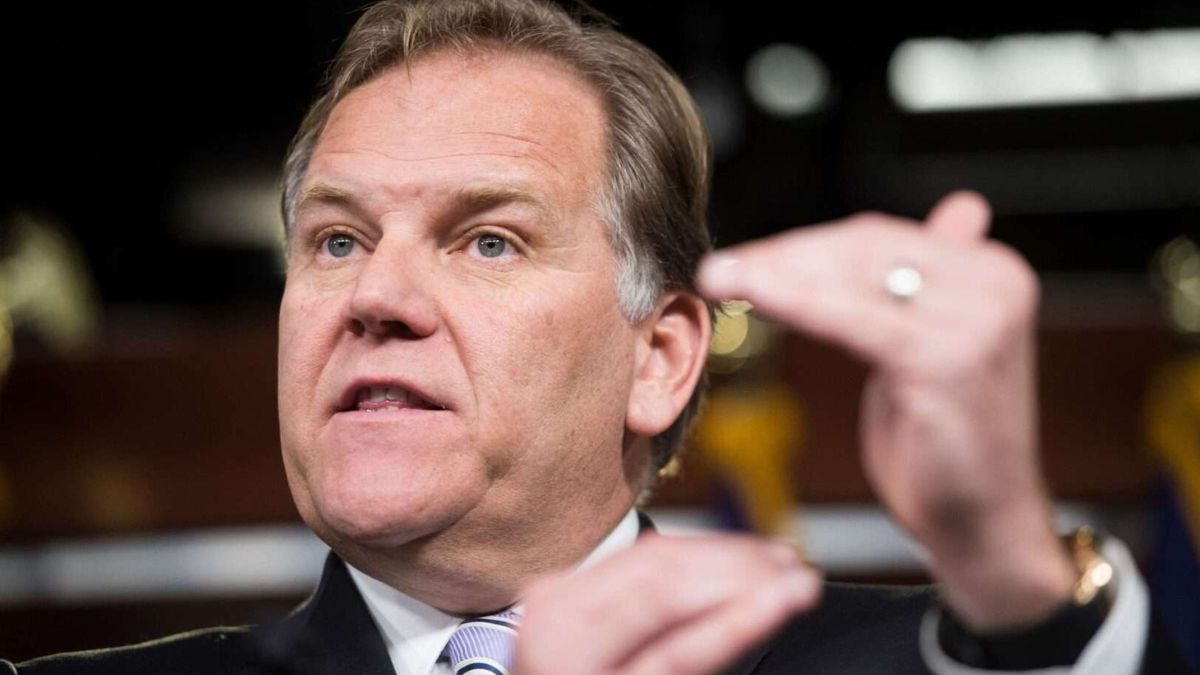Michigan has quickly risen to prominence as a key battleground in the fight for control of the U.S. Senate, with Republican candidate Mike Rogers now tied with his Democratic opponent among older voters. The close race in Michigan underscores the state’s growing significance in the GOP’s strategy to regain a Senate majority, as the party eyes potential pick-ups in what has traditionally been a Democratic stronghold.
Mike Rogers, a former congressman and FBI agent has proven to be a formidable candidate for the Republicans. His experience in national security and his centrist appeal have resonated with many older voters, a demographic that is often pivotal in midterm elections. Recent polling shows Rogers tied with his Democratic opponent, suggesting that the race is tightening as Election Day approaches.
The Democratic candidate, who is working to defend the seat in a state that President Biden won in 2020, faces increasing pressure as the GOP ramps up its efforts. With Michigan’s older voters showing a clear preference for Rogers, the race has become highly competitive. The Democratic campaign has focused on issues such as healthcare, social security, and economic stability, which are particularly important to older voters. However, Rogers’s strong background in national security and his moderate stance on several key issues have made him an attractive alternative.
Michigan’s status as a swing state has made it a focal point for both parties, with national political organizations pouring resources into the race. The outcome in Michigan could be a bellwether for the broader national contest, as both parties vie for control of the Senate. For Republicans, winning Michigan would not only flip a crucial seat but also signal a broader shift in voter sentiment, particularly among older Americans who have traditionally leaned toward the Democratic Party in recent years.
Political analysts suggest that the race will likely come down to turnout, particularly among older voters who have shown a strong preference for Rogers but are traditionally more reliable in terms of voter participation. Both campaigns are expected to focus heavily on mobilizing this demographic in the final weeks leading up to the election.


